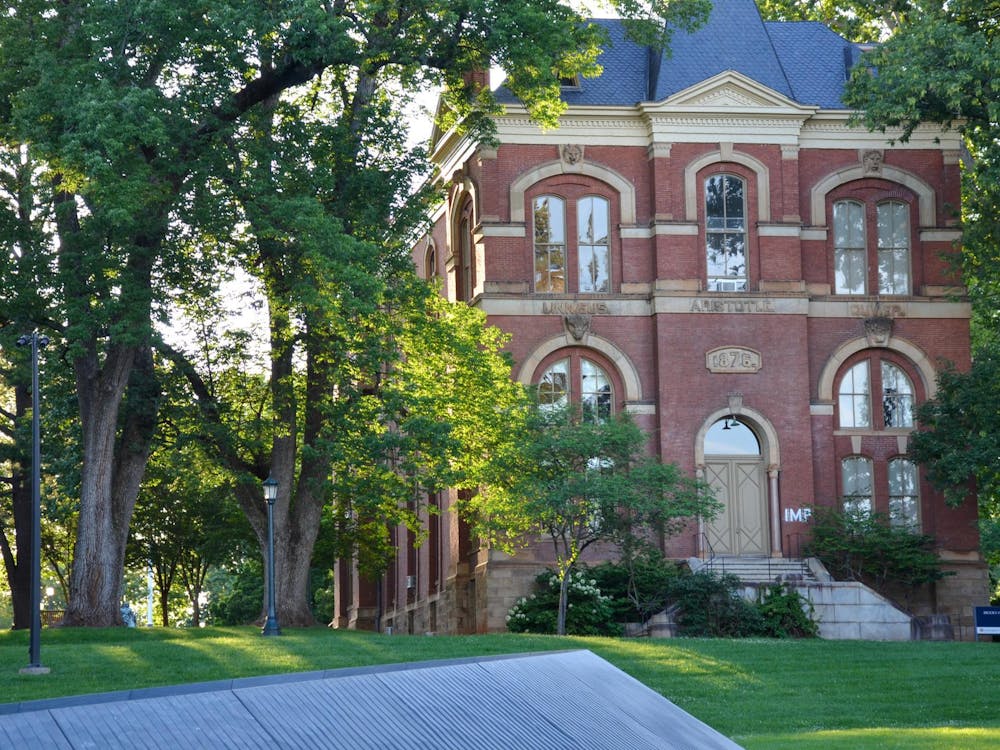Upset over another upcoming rise in QualChoice health care rates, some graduate students are about to say they have had enough.
QualChoice is the University-sponsored health care plan many graduate students use because it is the only plan recognizing Student Health as an authorized care provider.
Over the past three years, however, QualChoice has raised its rates for graduate students.
Graduate students now have two different package options. They can either choose a minimal package costing $774 or a more extensive option costing $1,409. Next year, these same packages will increase in price to $900 and $2,200, respectively. In past years, rates were $628 and $994 in 1998 and $715 and $1187 in 1999.
Dr. James Turner, director of Student Health, said QualChoice is not to blame.
"I am extremely sympathetic of the graduate students' dilemma," Turner said. "Unfortunately, the problem is that medical claims have been outpacing premiums the past years, so raising rates is an unfortunate necessity. It's not that QualChoice is making huge profits from these price increases."
Saeed Eslambolchi, director of marketing at QualChoice, said the University chooses to offer only these two options.
QualChoice "has several different options for graduate students," Eslambolchi said. "U.Va. Student Health chooses which options to take."
Regardless, the rise in prices, along with the lack of options, could be the catalyst for a graduate student boycott of QualChoice.
"This is an enormous increase in our cost of living," English graduate student Ben Lee said. "The University can't just keep squeezing money out of its grad students like this."
Lee, along with Biology graduate student Daniela Bell and English graduate students Justin Gifford and Derek Nystrom are trying to organize a boycott of QualChoice in order to protest the rate increases. Gifford sent out an e-mail to the other graduate students in his department to gauge other students' opinions.
"In two days, I received about 100 messages, even from students in other departments," Gifford said.
The protestors believe the University could be doing more to help the situation.
"It is our stance that the University should be doing more to help its grad students," Bell said. "It's clear that this is possible because some departments do cover all their graduate students."
Turner said a boycott would only hurt students in the long run because less money from insurance payments would mean fewer funds available for students in need of care.
"The fact that the University doesn't provide health care to its grad students is a hotly debated issue," he said.
Right now, Lee said a petition is being passed around to graduate students, and more than a hundred signatures have been collected.
"The petition and the boycott are serious threats," Lee said. "We hope that these strategies will gain the attention of QualChoice and the University and make them take our demands seriously."
"I would hate to see a boycott occur," Turner said. "But I would be very relieved to see U.Va. help assist grad students with health insurance."
| Year | Minimal Package | More Extended Package |
| 1998 | $628 | $994 |
| 1999 | $715 | $1187 |
| 2000 | $774 | $1409 |
| 2001 | $900 | $2200 |






